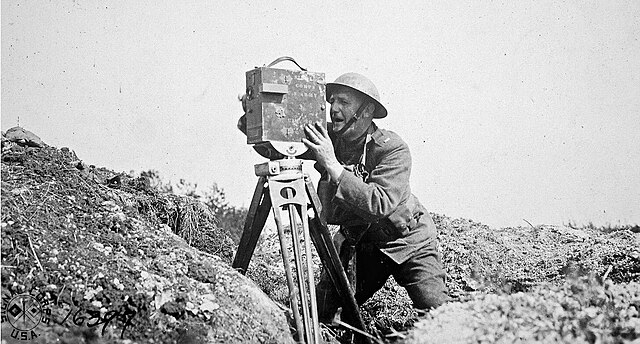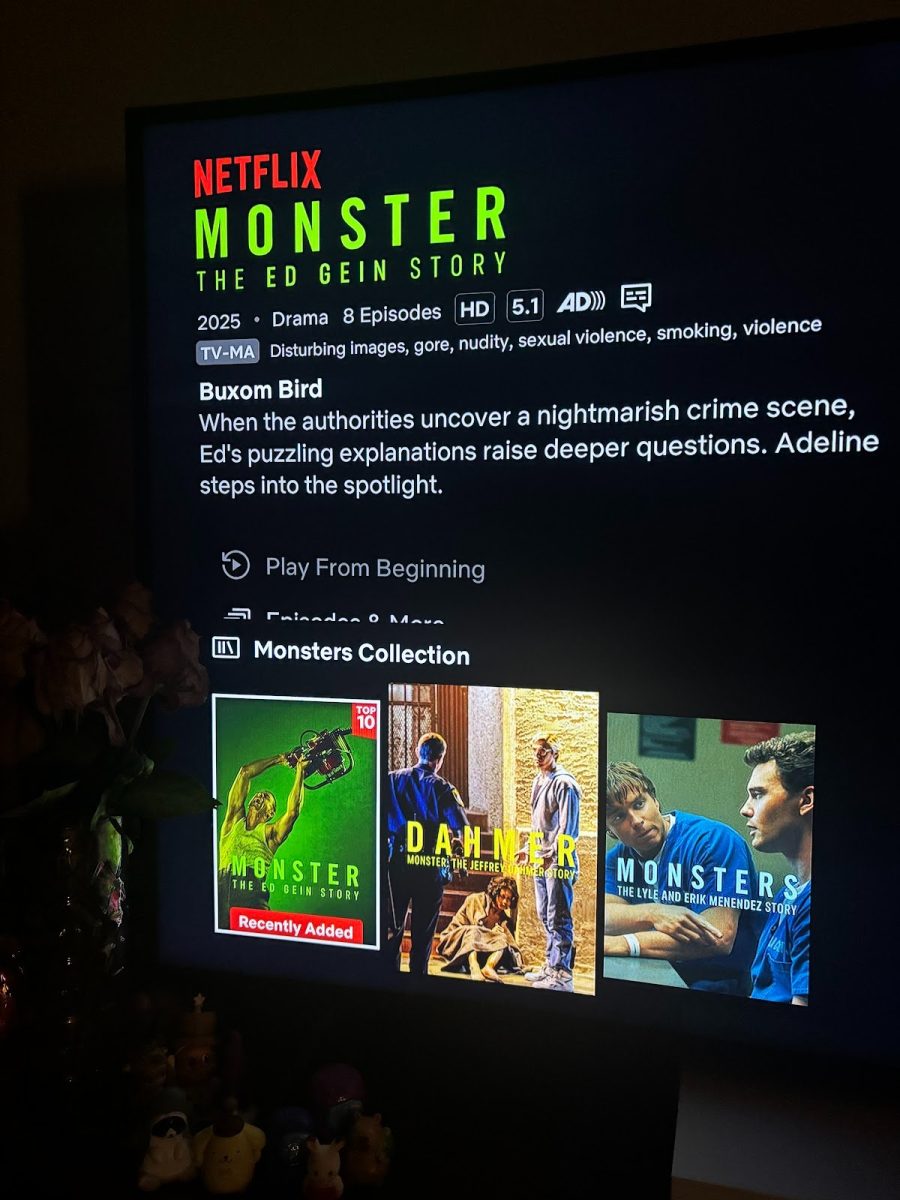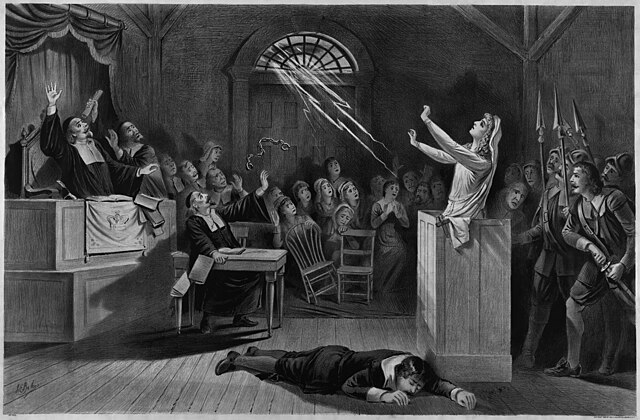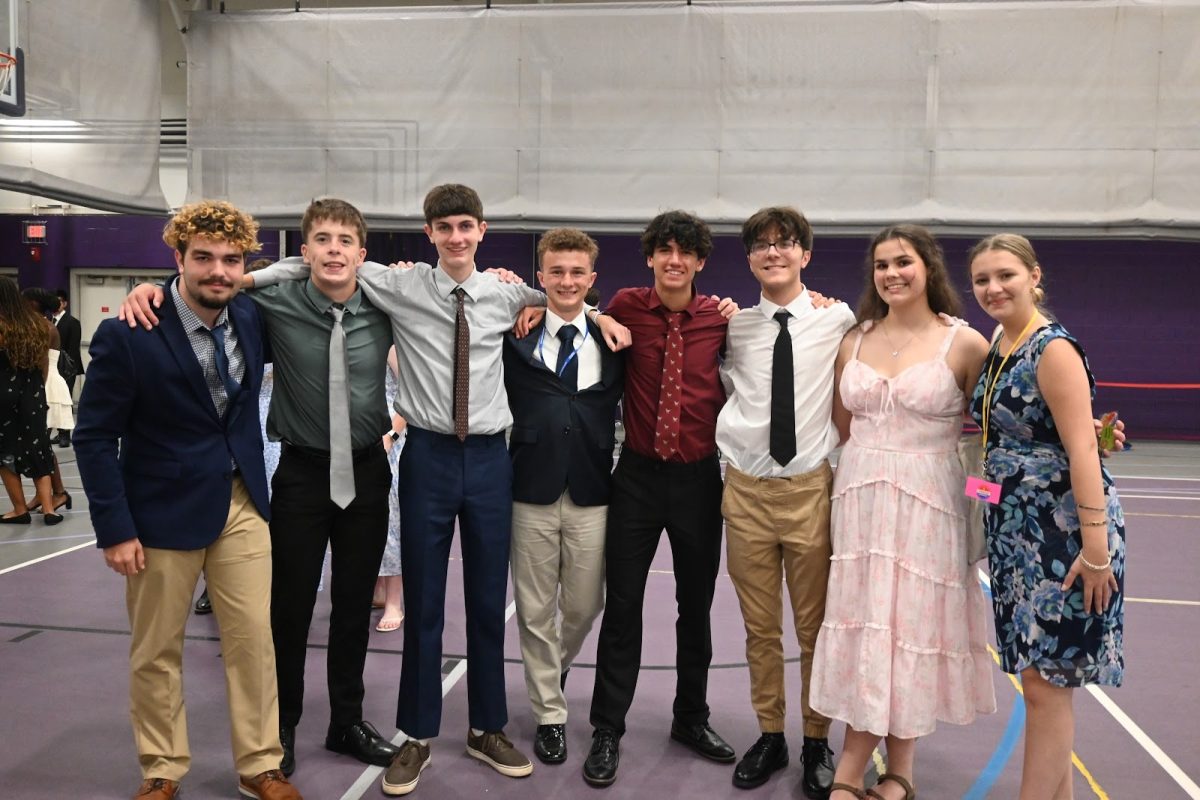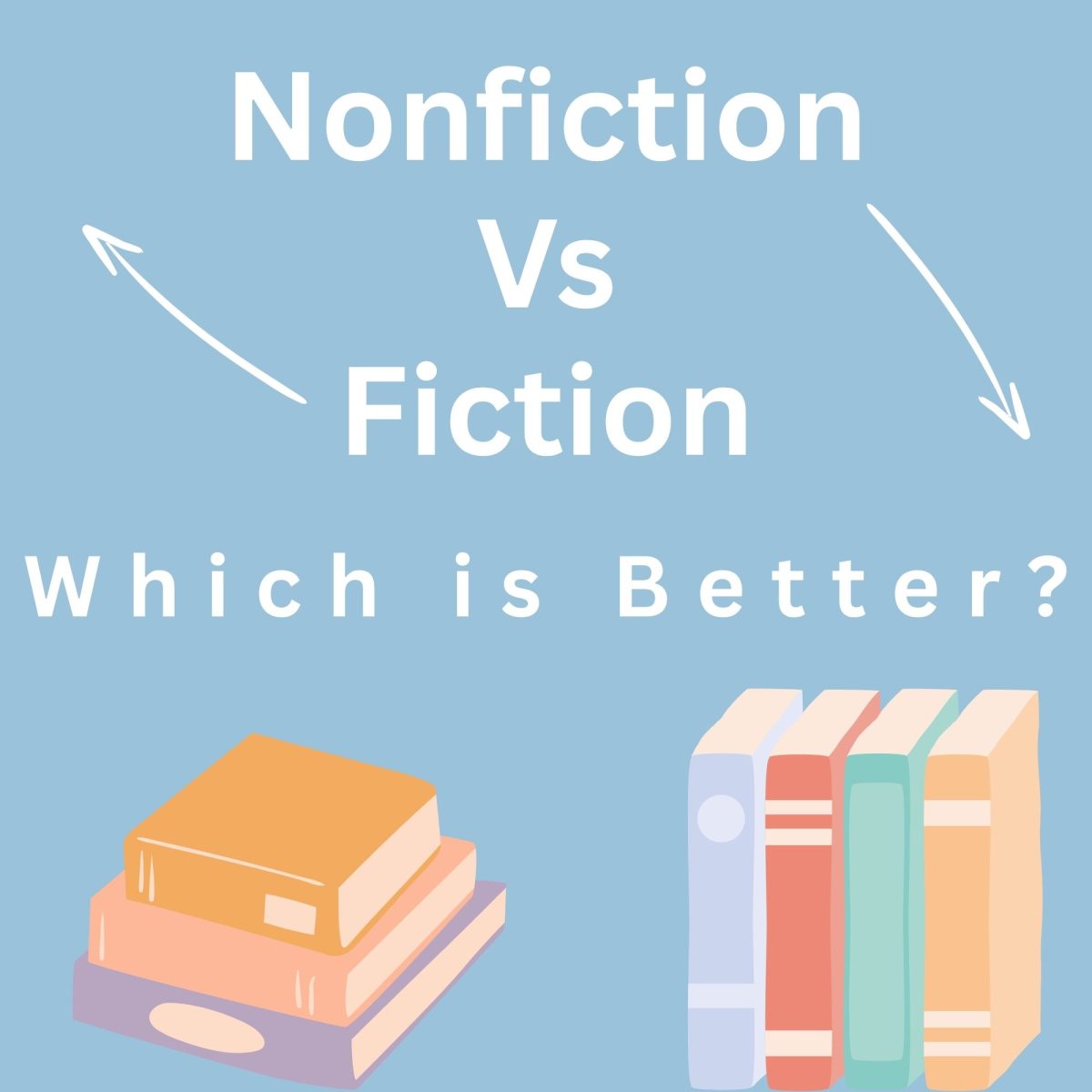Think of your favorite war movie or any war movie for that matter. Was it based on a true story? In the grand scheme of it, it presumably is. Most stories come from somewhere.
Many war films may be seen as propaganda to uplift a country in dark times. More often than not, war movies are embellished. Nearly everyone is aware of this; we can’t forget that Hollywood is a business. This is no surprise, after all, the film industry is built on emotion and entertainment.
War movies were very popular around the 1950s, as most people had a personal connection. Many people had a relative participate in World War II, or at least knew someone who did. With this being said, movies portraying heroism or sacrifice resonated with a large segment of the country’s population, causing them to feel deeply about these types of movies.
Try to imagine the emotions you may experience while watching a war film. A common emotion you can experience is inspiration. This is no accident. What is inspiration? Inspiration is a flash of light; it’s a motivational mental state. A mental stimulation that motivates someone to reach a goal or fulfill a cause. As a nation, it was used to push or sway somebody in one direction.
However, not all war films are designed to glorify battle. Some seek to expose the grim realities of war: the suffering, moral ambiguity, and loss that come with it. Anti-war films such as Apocalypse Now, Platoon, and Saving Private Ryan challenge the idea of war as noble, reminding viewers that even in victory, something is always lost.
This is a form of propaganda. Although a movie may try to introduce “soft encouragement,” it also may try to promote anti-war propaganda. Many films aim to highlight aspects of war for not necessarily glamorous reasons, such as the harsh reality of war, the suffering, and how nobody truly wins. There is no divine winner– something is always lost.
It all depends on the narrator’s depiction of war, whether or not the angles are shaped towards patriotism. A film can either reinforce patriotism or question it, shaping audiences’ understanding of history and humanity in the process. Hollywood doesn’t just reflect a society’s reflection on war; it helps create it.
According to the Canadian Broadcasting Corporation, “Between 1942 and 1945, the Bureau reviewed 1,652 scripts, revising or discarding anything that portrayed the U.S. unfavourably, including any material that made Americans seem ‘oblivious to the war or anti-war.’”
Whether people view war as inspiring or disturbing, patriotic or political, it serves a purpose: to make people feel something and to dig deeper into the mind. Through emotion, Hollywood keeps the stories alive, stories that remind us not only of the bravery and sacrifice, but also the heavy cost of conflict. War movies may dramatize or distort the reality of war, but to this day continue to play a vital role in understanding our nation’s past.



